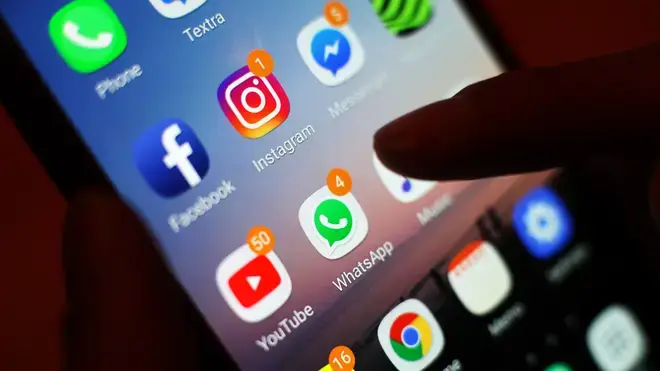Baroness Cass sounded the note of caution as she made her maiden speech in the House of Lords.
Imposing restrictions on smartphones in schools without involving young people in the process risks their use becoming like “smoking behind the bike shed”, a top paediatrician has warned.
Baroness Cass sounded the note of caution as she made her maiden speech in the House of Lords during a debate on calls for mobile-free classrooms.
The independent crossbencher led a landmark review into gender services for young people, which found children had been let down by a lack of research and evidence on the use of puberty blockers and hormones, in a debate that it said has become exceptionally toxic.
Speaking at Westminster, Lady Cass pointed out schools were already taking positive action to restrict smartphone use and stressed the need for young people’s voices in the national debate.
She said: “Two recent studies of 13 to 18-year-olds found that 15% to 20% reported addictive-like smartphone use. This was linked to higher rates of anxiety, depression and insomnia.
“The good news is that a majority recognised the problem and were already taking active steps to reduce their smartphone use.”
Pointing to the interest in the topic shown by youth groups, Lady Cass said: “If we do not engage these young advocates to be partners in our deliberations and actions, imposing restrictions in school may just produce behaviours akin to smoking behind the bike shed.”
She added: “We know that some young children are at particular risk in the online world; for example, those who are struggling with mental health or have a history of being bullied.
“Reducing exposure in school may be one strand of a strategy to address this, but more research and action are needed to protect this vulnerable group.”
Urging a “public health-style approach”, Lady Cass said: “Parents and teachers need support and information to help them work together rather than pulling in different directions.
“We need a broad education programme aimed at helping everyone to understand both the risks and benefits of smartphones, and how to use them wisely, safely and in ways which do not compromise learning, mental health and social development.”
Opening the debate, children’s rights campaigner and independent crossbencher Baroness Kidron said: “The issue of smartphones in schools should be straightforward. School is for learning, for building relationships, for personal development and acquiring skills such as sports, debating and drama. The academic literature shows that smartphones interrupt that learning.”
Labour former minister Lord Knight of Weymouth said: “This is a shared responsibility between home and school. Our digital consumption, like sugar, is addictive. We need to consider what is healthy.
“As a family, we choose the rules to ensure that we do not become digitally obese, that we consume the right things and that we treat one another with respect, trust, individuality, collaboration and kindness in a digital world. It is on all of us.”

